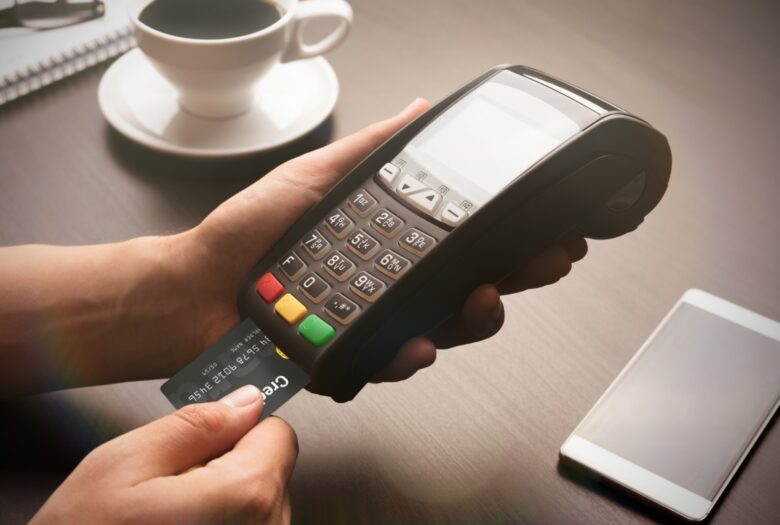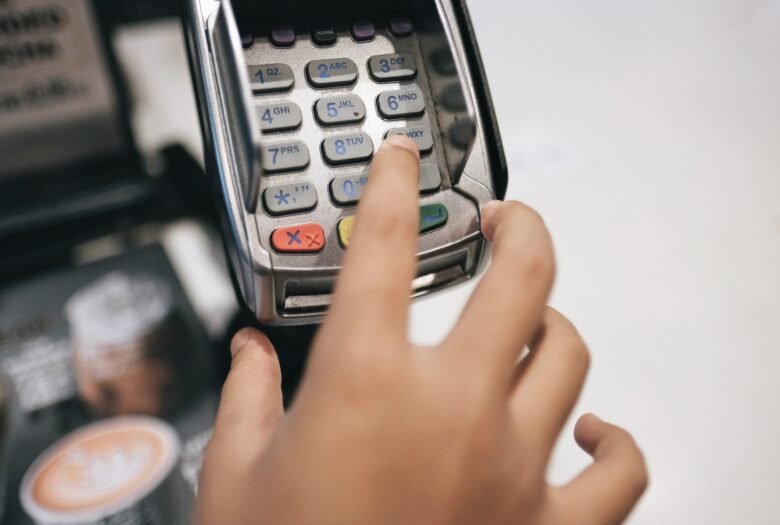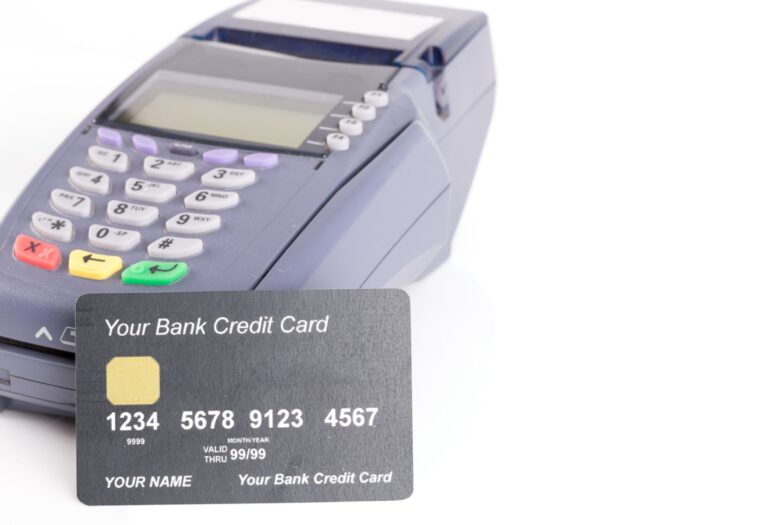Choosing the right card machine for your business is a pivotal decision that can significantly impact your operational efficiency, customer satisfaction, and overall revenue generation. In an era where cash transactions are becoming less prevalent, offering a seamless card payment solution is no longer a luxury but a necessity for businesses of all sizes. This article delves into the myriad of factors you need to consider when selecting the perfect card machine for your business, ensuring that you make an informed choice that aligns with your specific needs and objectives.
Contents
Understanding Your Business Needs
The first step in finding the perfect payment solution is to have a clear understanding of your business needs. This involves assessing the volume of transactions, the average transaction value, and the environment in which the payments will be processed. For instance, a bustling coffee shop in a city center may require a fast and efficient point-of-sale (POS) system to cope with high customer footfall, while a mobile food truck might need a portable card machine for business that can operate effectively in outdoor settings.

Source: canva.com
Types of Card Machines
There is a variety of card machines available in the market, each designed to cater to different business models and payment environments. Traditional countertop card machines are ideal for businesses that operate from a fixed location, such as retail stores and restaurants. These devices are typically connected to a phone line or broadband and are known for their reliability and robustness.
Portable card machines, on the other hand, offer more flexibility as they can be carried around within the premises, making them perfect for businesses like cafes and small eateries where the payment can be taken directly to the customer. These devices connect via Wi-Fi or Bluetooth, ensuring mobility without compromising on transaction speed.
For businesses on the move, such as market traders and pop-up shops, mobile card machines are the go-to solution. These devices use a SIM card and mobile data to process payments, enabling businesses to accept card payments anywhere with mobile network coverage.
Connectivity Options
When choosing a card machine, it’s crucial to consider the connectivity options that best suit your business environment. Countertop devices typically require a stable broadband connection, while portable and mobile machines offer more flexibility with Wi-Fi, Bluetooth, and mobile data options. It’s essential to assess the reliability of your internet connection and mobile network coverage in your area to avoid transaction disruptions.
Payment Processing Fees
The cost associated with processing card payments is an important consideration. Payment processing fees can vary widely among providers, and they usually consist of a combination of fixed fees, transaction percentage fees, and possibly monthly rental fees for the card machine itself. Some providers offer more straightforward pricing models with flat-rate fees, which can be beneficial for businesses with predictable transaction volumes. It’s important to carefully review the fee structure of different providers to ensure it aligns with your business’s financial model.

Source: canva.com
Security Features
Security is paramount when handling card payments. Opting for a card machine that complies with the latest security standards, such as EMV (Europay, MasterCard, and Visa) and PCI DSS (Payment Card Industry Data Security Standard), is crucial to protect your customers’ data and reduce the risk of fraud. Features like end-to-end encryption and tokenization add extra layers of security, ensuring that sensitive information is protected throughout the transaction process.
Integration Capabilities
For businesses that use various software solutions for inventory management, accounting, or customer relationship management (CRM), choosing a card machine that can seamlessly integrate with these systems can greatly enhance operational efficiency. Integration can automate the flow of transaction data into your business systems, reducing manual data entry and the potential for errors.
Customer Support
The level of customer support provided by the card machine provider is a critical factor that often goes overlooked. It’s important to choose a provider that offers reliable and accessible customer support to address any issues or queries that may arise. This includes technical support for setting up the device, troubleshooting connectivity issues, and assisting with any transaction-related concerns.

Source: canva.com
Future-Proofing Your Investment
In the rapidly evolving landscape of digital payments, choosing a card machine that can adapt to future changes is essential. This includes the ability to support new payment methods, such as contactless payments, mobile wallets (e.g., Apple Pay, Google Wallet), and even QR code payments. Opting for a device that is regularly updated and supported by the provider ensures that your business can keep pace with technological advancements and changing consumer preferences.
User Experience
The user experience, for both your staff and customers, is a crucial aspect of your payment solution. A card machine with an intuitive interface, quick transaction processing, and clear prompts can enhance the customer experience and improve operational efficiency. Devices with large, clear screens, easy-to-navigate menus, and responsive keypads can make the payment process smoother and more enjoyable for everyone involved.
Environmental Considerations
For environmentally conscious businesses, considering the ecological impact of their card machine choice is becoming increasingly important. This can include evaluating the energy efficiency of the device, the sustainability of its manufacturing process, and the provider’s commitment to reducing its environmental footprint. Some providers may offer eco-friendly options, such as devices made from recycled materials or those with energy-saving features.

Source: canva.com
Making an Informed Decision
Choosing the right card machine for your business involves weighing a multitude of factors, from transaction volumes and connectivity options to security features and integration capabilities. It’s essential to conduct thorough research and possibly seek advice from industry peers or financial consultants to understand the best options available.
Once you have narrowed down your choices, consider reaching out to providers to request demos or trial periods. This hands-on experience can provide valuable insights into how the device performs in your specific business environment and how well it aligns with your operational needs.
Closing Thoughts
In conclusion, finding the perfect card machine for your business is a multifaceted decision that requires careful consideration of your unique business needs, customer preferences, and the broader payment ecosystem. By taking into account the factors outlined in this article, you can make an informed choice that not only enhances the payment experience for your customers but also supports your business’s growth and adapts to the ever-changing landscape of digital payments. Remember, the right card machine can be a powerful tool in streamlining your operations, securing your transactions, and ultimately driving your business forward.
